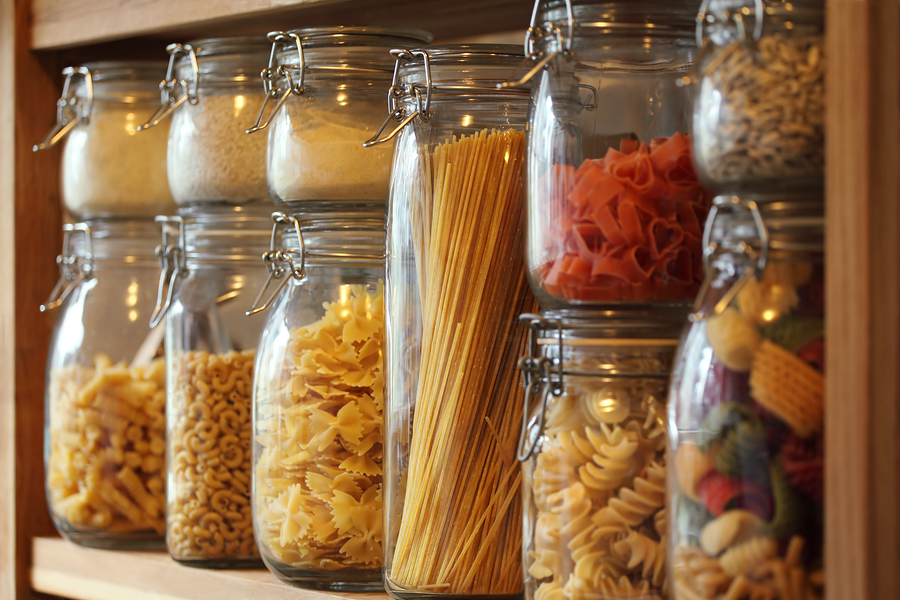
You stock up on extra food when you go to the grocery store. You buy the bulk-sized bags of rice, flour and sugar. You dry your own spices and want to make sure that they stay fresh.
But what containers should you use? Is any old container good enough or are there ones that you should avoid? Are certain containers good for some foods but not others?
When stockpiling, there are a lot of questions to ask about containers for your own food safety, but they are easy to find if you read the following article.
BPA
The first thing that you need to know is that many plastics contain BPA, or bisphenol A. This is an industrial chemical that has been used in many different types of plastic containers, including water bottles and food storage containers, since the 1960’s. BPA is found in polycarbonate plastics and epoxy resins.
Epoxy resins are typically used to line the cans of canned foods, water lines and even reusable water bottle lids. This is one of the reasons that you should never use a can of food that has a dent; the epoxy lining may be damaged and leech the BPA into your foods.
Heck, it may do it anyway. This is also the reason that many people have switched to stainless steel water bottles. Fortunately, most stores now offer BPA-free water bottles. If you’re wondering if your plastic container has BPA in it, look at the plastic recycling code on it; if it has a 7, then the container likely has BPA in it.
Obviously, you want to avoid storing your foods in this container. BPA leakage is especially likely if the container gets warm, such as if it sits in the sun or is left in your car on a warm day. BPA has been banned in Canada as a toxic substance and the FDA is looking into it here in the states. However, it’s not banned yet so look at that code. (continue reading)

